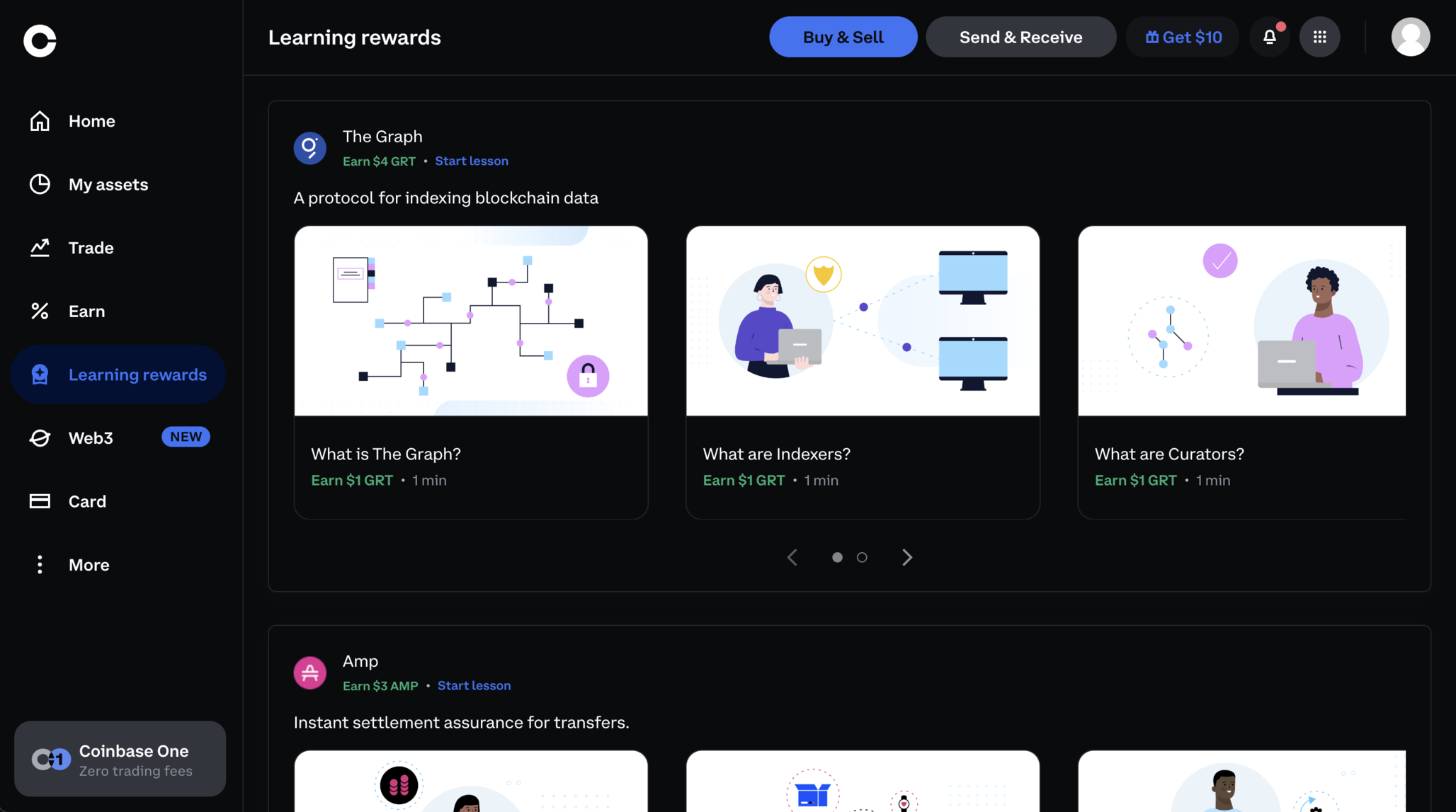Introduction
In today's digital marketplace, the voice of your customers carries more weight than ever before. Customer testimonials have become a powerful tool for building trust, enhancing credibility, and driving conversions. As businesses recognize the immense value of authentic customer feedback, the demand for effective customer testimonial software has skyrocketed.
This comprehensive guide will walk you through everything you need to know about customer testimonial software in 2024. We'll explore the best tools available, key features to look for, and how to leverage this technology to transform your marketing strategy. Whether you're a small startup or a large enterprise, this article will help you make an informed decision to elevate your brand's social proof and drive growth.
Table of Contents
- What is Customer Testimonial Software?
- The Importance of Customer Testimonials
- Key Features to Look for in Customer Testimonial Software
- Top Customer Testimonial Software Tools for 2024
- How to Choose the Right Customer Testimonial Software
- Best Practices for Collecting and Showcasing Testimonials
- Leveraging AI in Customer Testimonial Software
- Integrating Testimonials into Your Marketing Strategy
- Measuring the Impact of Customer Testimonials
- Future Trends in Customer Testimonial Software
- Conclusion
What is Customer Testimonial Software?
Customer testimonial software is a specialized tool designed to streamline the process of collecting, managing, and showcasing customer feedback. These platforms typically offer features such as:
- Automated testimonial collection
- Video and text-based testimonial creation
- Customizable templates and branding options
- Integration with websites and social media platforms
- Analytics and performance tracking
By centralizing these functions, customer testimonial software empowers businesses to harness the full potential of social proof, turning satisfied customers into powerful brand advocates.
The Importance of Customer Testimonials
Customer testimonials play a crucial role in the modern buyer's journey. Here's why they're so important:
- Build Trust: Authentic testimonials from real customers help build credibility and trust with potential buyers.
- Overcome Objections: Hearing how others have benefited from your product or service can address common concerns and objections.
- Provide Social Proof: Testimonials tap into the psychological principle of social proof, showing that others have had positive experiences with your brand.
- Improve Conversion Rates: Websites featuring customer testimonials have been shown to convert at higher rates than those without.
- Enhance SEO: User-generated content in the form of testimonials can improve search engine rankings and visibility.
Given these benefits, it's clear why businesses are investing in robust customer testimonial software to maximize the impact of their satisfied customers' experiences.
Key Features to Look for in Customer Testimonial Software
When evaluating customer testimonial software, consider the following essential features:
Easy Collection Methods: Look for software that offers multiple ways to collect testimonials, such as email requests, landing pages, and QR codes.
Video Testimonial Capabilities: Video testimonials are particularly powerful. Ensure the software supports video recording, editing, and showcasing.
Customization Options: The ability to brand your testimonials and create custom layouts is crucial for maintaining a cohesive brand image.
Content Moderation: Look for tools that allow you to review and approve testimonials before they go live.
Integration Capabilities: The software should easily integrate with your website, CRM, and other marketing tools.
Analytics and Reporting: Robust analytics help you understand the impact of your testimonials and optimize your strategy.
Mobile Responsiveness: Ensure the software works well on mobile devices for both collection and display.
AI-Powered Features: Advanced software may offer AI capabilities for sentiment analysis, content suggestions, or automated video editing.
Compliance and Security: Choose software that adheres to data protection regulations and offers secure storage for customer information.
Multi-language Support: If you operate globally, look for software that supports multiple languages.
Top Customer Testimonial Software Tools for 2024
While there are many options available, here are some of the leading customer testimonial software tools to consider:
StoryPrompt: Known for its user-friendly interface and AI-powered video editing capabilities, StoryPrompt is an excellent choice for businesses looking to create professional-looking video testimonials quickly.
Testimonial.to: Offers a comprehensive suite of features including video testimonials, a "Wall of Love" showcase, and integrations with popular CRM platforms.
TrustMary: Specializes in collecting and displaying reviews from various platforms, making it ideal for businesses with a strong online review presence.
Boast: Provides a versatile platform for collecting both video and text testimonials, with customizable widgets for easy website integration.
VideoAsk: Offers an interactive approach to testimonial collection, allowing businesses to create branching video questionnaires for more engaging feedback.
Each of these tools has its own strengths, and the best choice will depend on your specific business needs and goals.
How to Choose the Right Customer Testimonial Software
Selecting the right customer testimonial software for your business involves several considerations:
Assess Your Needs: Determine what types of testimonials you want to collect (video, text, audio) and how you plan to use them.
Consider Your Budget: Pricing can vary widely between platforms. Look for a solution that offers the best value for your budget.
Evaluate Ease of Use: The software should be intuitive for both your team and your customers providing testimonials.
Check Compatibility: Ensure the software integrates well with your existing tech stack and website platform.
Review Customer Support: Look for vendors that offer robust customer support and resources to help you maximize the software's potential.
Trial the Software: Take advantage of free trials to test the software's functionality and fit with your workflow.
Read User Reviews: Look for feedback from businesses similar to yours to gauge real-world performance and satisfaction.
Scalability: Choose a solution that can grow with your business and adapt to your changing needs.
By carefully considering these factors, you can select a customer testimonial software that aligns with your business objectives and enhances your marketing efforts.
Best Practices for Collecting and Showcasing Testimonials
To make the most of your customer testimonial software, follow these best practices:
Time It Right: Request testimonials at the right moment, such as after a successful project completion or a positive customer service interaction.
Make It Easy: Streamline the testimonial submission process to encourage participation. Provide clear instructions and templates if necessary.
Ask Specific Questions: Guide customers to provide detailed, relevant feedback by asking targeted questions about their experience.
Encourage Authenticity: Let customers use their own words to describe their experience. Authentic testimonials are more credible and impactful.
Use a Mix of Formats: Combine video, text, and audio testimonials to cater to different preferences and use cases.
Highlight Diverse Perspectives: Showcase testimonials from a variety of customer segments to appeal to a broader audience.
Update Regularly: Keep your testimonial content fresh by regularly adding new feedback and removing outdated entries.
Obtain Proper Permissions: Always get explicit permission to use customer testimonials in your marketing materials.
Leverage Social Proof: Display quantitative data alongside testimonials, such as the number of satisfied customers or average ratings.
Strategically Place Testimonials: Incorporate testimonials throughout your website, especially on high-converting pages like product pages and landing pages.
Leveraging AI in Customer Testimonial Software
Artificial Intelligence is revolutionizing customer testimonial software, offering new ways to enhance the collection, production, and analysis of testimonials:
Automated Video Editing: AI can trim videos, remove filler words, and even suggest the most impactful segments of a testimonial.
Sentiment Analysis: AI-powered tools can analyze the tone and content of testimonials to gauge customer sentiment accurately.
Personalized Testimonial Selection: AI algorithms can match the most relevant testimonials to specific website visitors based on their browsing behavior or demographics.
Content Generation: Some AI tools can help generate follow-up questions or even create summary content based on multiple testimonials.
Performance Prediction: Advanced AI can predict which testimonials are likely to perform best based on historical data and content analysis.
Voice-to-Text Transcription: AI can accurately transcribe video testimonials, making them searchable and more accessible.
Language Translation: For global businesses, AI-powered translation can help make testimonials accessible to a wider audience.
By leveraging these AI capabilities, businesses can create more compelling testimonials, save time on production, and gain deeper insights into customer feedback.
Integrating Testimonials into Your Marketing Strategy
Customer testimonials should be a key component of your overall marketing strategy. Here are some effective ways to integrate them:
Website Integration: Embed testimonials throughout your website, especially on high-converting pages.
Email Marketing: Include relevant testimonials in your email campaigns to boost credibility and engagement.
Social Media Sharing: Share video testimonials and quotes on your social media platforms to increase reach and engagement.
Case Studies: Use detailed testimonials as the foundation for in-depth case studies that showcase your product's value.
Advertising: Incorporate testimonials into your paid advertising campaigns to improve ad performance and click-through rates.
Sales Collateral: Include testimonials in your sales presentations, proposals, and other materials to support your sales team.
Product Pages: Feature testimonials specific to each product or service to address potential buyer concerns.
Landing Pages: Use testimonials on landing pages to increase conversion rates for specific offers or campaigns.
Video Marketing: Create compilation videos of customer testimonials for use in various marketing channels.
Retargeting Campaigns: Use testimonials in retargeting ads to remind potential customers of your value proposition.
By strategically incorporating testimonials across your marketing efforts, you can reinforce your brand's credibility and persuade potential customers at various touchpoints in their journey.
Measuring the Impact of Customer Testimonials
To truly understand the value of your customer testimonial efforts, it's crucial to measure their impact. Here are key metrics and methods to consider:
Conversion Rate: Track how testimonials affect conversion rates on your website and landing pages.
Engagement Metrics: Monitor time on page, scroll depth, and click-through rates on pages featuring testimonials.
Social Shares: Measure how often your testimonials are shared on social media platforms.
SEO Impact: Analyze how user-generated content from testimonials affects your search engine rankings and organic traffic.
Sales Cycle Length: Assess whether the presence of testimonials shortens your average sales cycle.
Customer Acquisition Cost (CAC): Determine if leveraging testimonials helps reduce your CAC over time.
Net Promoter Score (NPS): Track changes in your NPS as you implement a robust testimonial strategy.
A/B Testing: Conduct split tests to compare the performance of pages with and without testimonials.
Qualitative Feedback: Gather feedback from your sales team and customers about the impact of testimonials on their decision-making process.
Revenue Attribution: Use advanced analytics to attribute revenue to testimonial-influenced conversions.
By consistently tracking these metrics, you can optimize your testimonial strategy and demonstrate its ROI to stakeholders.
Future Trends in Customer Testimonial Software
As technology evolves, so does the landscape of customer testimonial software. Here are some trends to watch for:
Enhanced AI Integration: Expect more sophisticated AI features for personalization, analysis, and content creation.
Augmented Reality (AR) Testimonials: AR technology could allow potential customers to "see" testimonials in real-world contexts.
Blockchain for Authenticity: Blockchain technology may be used to verify the authenticity of testimonials, increasing trust.
Interactive Video Testimonials: Clickable, interactive elements within video testimonials could provide a more engaging experience.
Voice-Activated Testimonials: As voice search grows, testimonials optimized for voice assistants may become more prevalent.
Hyper-Personalization: Advanced data analytics will enable ultra-targeted testimonial displays based on individual user profiles.
Integration with Customer Experience Platforms: Testimonial software may become more tightly integrated with broader customer experience management tools.
Real-Time Testimonial Generation: Tools that can capture and showcase testimonials in real-time at events or during product use.
Emotional Analysis: More nuanced AI capable of analyzing and categorizing testimonials based on emotional content.
Cross-Platform Synchronization: Seamless sharing and updating of testimonials across various marketing platforms and channels.
Staying abreast of these trends will help businesses remain competitive and maximize the impact of their customer testimonials.
Conclusion
Customer testimonial software has become an indispensable tool for businesses looking to harness the power of social proof. By effectively collecting, managing, and showcasing authentic customer feedback, companies can build trust, overcome objections, and drive conversions.
As we've explored in this guide, the right customer testimonial software can streamline your efforts, provide valuable insights, and amplify the voice of your satisfied customers. Whether you're just starting to leverage customer testimonials or looking to upgrade your current strategy, the tools and best practices outlined here will help you make informed decisions and maximize the impact of your social proof.
Remember, the most effective testimonial strategies are those that continuously evolve. Stay attuned to new technologies, keep testing different approaches, and always prioritize authenticity in your customer testimonials. By doing so, you'll not only improve your marketing effectiveness but also build stronger, more trusting relationships with your customers.
Embrace the power of customer testimonials, and let your satisfied customers become your most persuasive advocates. With the right strategy and tools in place, you're well-positioned to build a compelling narrative of customer success that will drive your business forward in 2024 and beyond.







